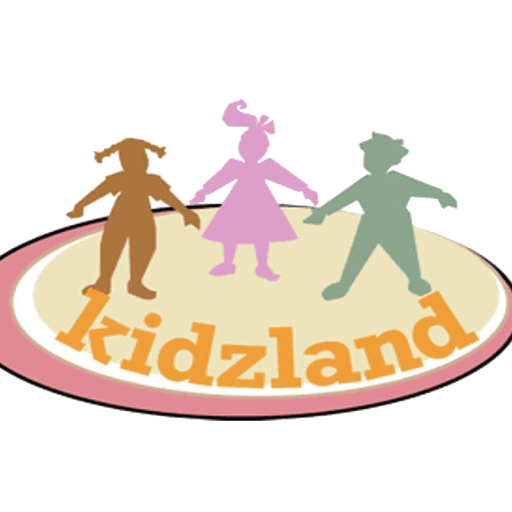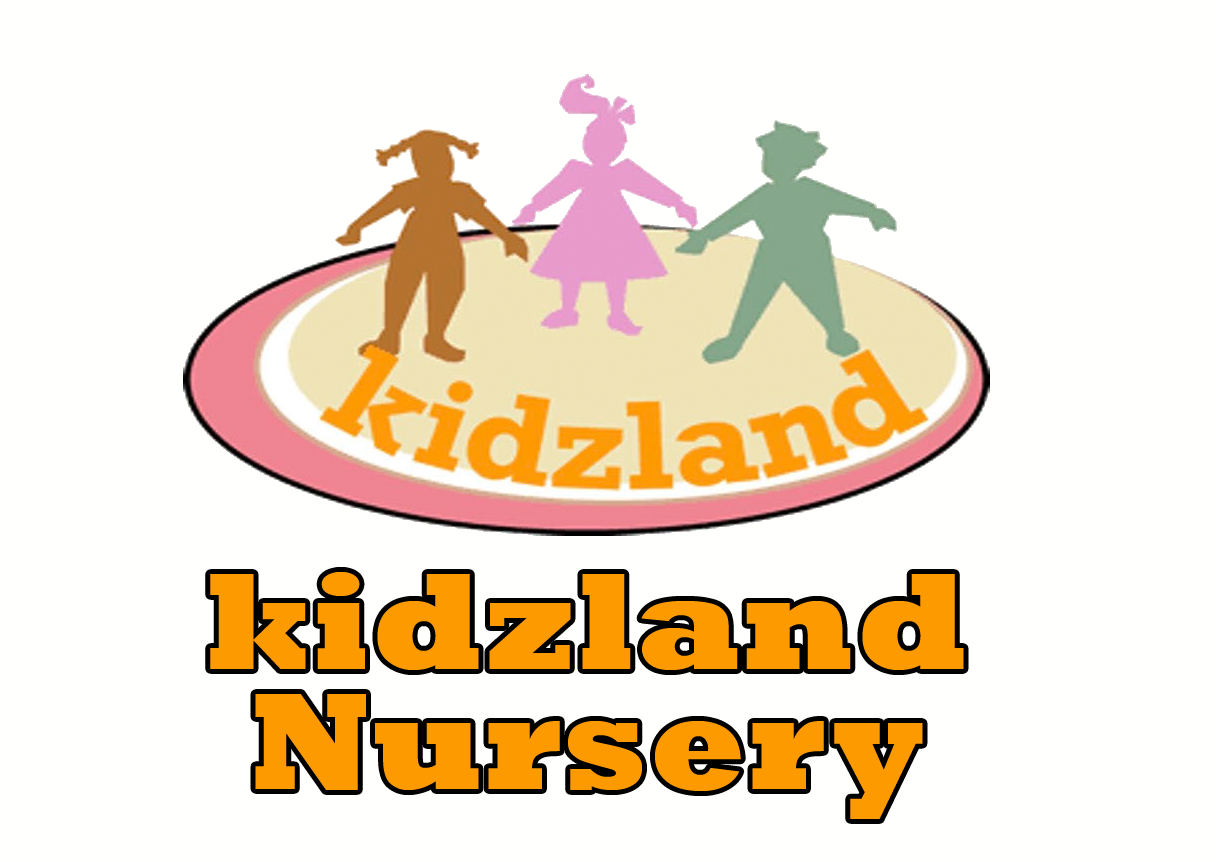Safeguarding
At the heart of all we do at kidzland, safeguarding is paramount to us. We aim to be able to safeguard children / employees and volunteers who attend our setting and be able to sign post parents and families to the correct support where needed.
The setting has two safeguarding officers, and employees are trained yearly on safeguarding and updated immediately of any changes to safeguarding. All staff employed have enhanced DBS’s completed and are inducted on a range of subjects for example – planning / safeguarding / health and safety
At the setting we believe
* Safeguarding is everyone’s responsibility
* A child needs to be put first – always
* Children learn best in a enabling environment
* Children are unique and are learning constantly
Everyone working with children need to be trained and be aware of signs and symptoms that may indicate a child is being abused.
At kidzland we ensure
* children are listened too
* Our environments are empowering
* Encourage children to be confident and respect themselves
* Ensure practitioners are being positive role models
* Promote tolerance and respect all cultures and faiths and beliefs
* Encourage children to make decisions
* Keep children at the centre of all we do
Safeguarding is protecting children / adults from abuse, harm and neglect. It is ensuring views, opinions, well-being, beliefs and wishes are respected.
Child protection is safeguarding children from violence, exploitation, abuse and neglect.
Safeguarding children is also about broader aspects for example
– first aid
– Intimate care for example nappy changing
– Mental health
– Use of reasonable force
– Special educational needs and disabilities
– Internet safety
– Children sleeping
– Staff employment
Kidzland have policies and procedures in place for all the above.
Safeguarding is broken down into six principles
1. empowerment
2. Prevention
3. Protection
4. Proportionality
5. Partnerships
6. Accountability
The nursery aims to
* Ensure staff are trained from induction
* Ensure staff feel confident and supported to act in the best interest for the child
* Ensure staff attend yearly safeguarding / child protection training
* Make child protection referrals on time
* Ensure staff are confident to call the MASH (multi- agency safeguarding hub) for advice
* Ensure information is only shared on a need to know basis
* Ensure staff are fully aware of the settings policies and procedures
Recognising signs and symptoms of abuse
Physical abuse – this could involve hitting, shaking, poisoning, kicking, burning, scalding, drowning and suffocating.
Emotional abuse- this is where a child’s need for love, security and praise is not met. It may involve seeing or hearing ill-treatment of domestic violence or abuse. Symptoms may include
– Low self esteem
– Withdrawn behaviour
– Attention seeking
– Self harm
– Eating disorders
Sexual abuse- involves forcing or enticing a child or young person to take part in sexual activities whether or not the child is aware of what is happening.
Neglect – persistent failure to meet a child’s basic needs which can affect their overall development. Neglect is also leaving your child unsupervised for long periods of time, lack of stimulation, lack of education, lack of food, and lack of medical attention.
Other forms of abuses could include
* Bullying
* Cyber bullying
* County lines
* Child trafficking
* Domestic abuse
* Up skirting
* Financial
* Online
* Mental health
* Grooming
* Breast ironing
* Cuckooing
* Fabricated illness
* Sexual exploitation
* Witchcraft
* Linked with faith or beliefs
Kidzland’s safeguarding policy will also cross reference to other policies within the setting, these are
* whistle blowing policy
* Uncollected child policy
* Missing child policy
* Employment
* Use of mobile phones and cameras
* Children’s records
* Information sharing
* Internet safety
* Working in partnership with other agencies
* Supporting children with special educational needs
* Equality
* Children’s rights
Managing allegations – if a child discloses to you
– listen to you
– Reassure them
– Do not ask leading questions
– Let them know you need to tell someone
– Do not promise them you will keep a secret
– Let the appropriate safeguarding officer know
– Write a written record with the date/ time/ what the child said
Kidzland will then follow the London borough of Barking and Dagenham’s procedures
– call the MASH (multi- agency safeguarding hub) for advice
– Have a meeting with parents (if it is safe to do so)
– Complete an online MARF (multi-agency referral form)
Allegations are made for a number of reasons
– the abuse has actually taken place
– Something has happened to a child that reminds them of a past event
– Children recognise that allegations are powerful if they are angry with it
– An allegation can be a way of attention seeking
If an allegation is made against a member of the team or a volunteer, the following procedures would be carried out
– seek advice from LADO (local authority designated officer)
– Follow up on writing within 48 hours
– Contact the parents of the child- if advised to do so by LADO
– Investigation to be completed following advice from LADO
* E.safety
– No unsupervised access to the internet
– No mobile phones in the rooms
– Tablets and laptops to be stored in office at end of day
– You tube – only to be used when watching “our story of the month”
– Practitioners to have E.safety in-house training
– Apple Watches only to be used to see the time- practitioners should not read messages etc
* prevent
Prevent is safeguarding everyone from threat of radicalisation.
The four key aspects of prevent is
* Law
* Individual liberty
* Mutual respect
* Tolerance of different faiths and beliefs
Prevent is just one of the four elements which make up the governments counter terrorism. The four elements are
1. Prevent- safeguard everyone
2. Pursue- to stop terrorist attacks
3. Protect – to strengthen our protection against a terrorist attack
4. Prepare – to mitigate the impact of a terrorist attack
The law for prevent duty is the counter terrorism and security act 2015.
Signs of radicalisation are as follows
– Isolating themselves
– Talking from scripted speech
– Unable to discuss views
– Disrespectful attitudes to others
– Internet usage
– May show signs of anger
– Low self esteem
– May become secretive
* FGM (female genital mutilation)
Female genital mutilation is a procedure where the females genitals are cut, injured or changed, but there’s no medical reason for this to be done.
Female genital mutilation is a violation of individual children’s rights.

